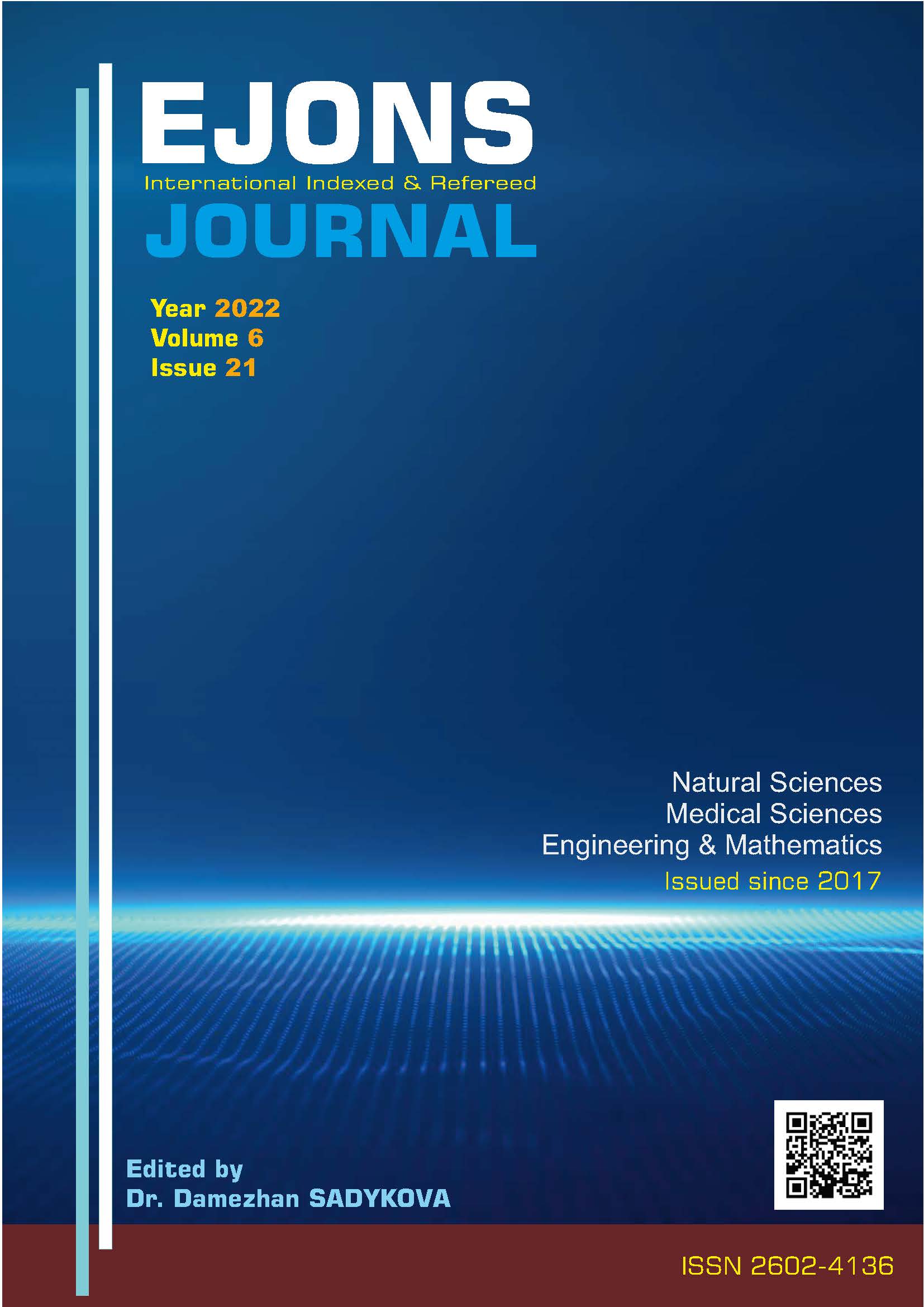Evolution of the mechanical, electrical and thermal properties of Al-Mn-xCu alloys by the vertical Bridgman method
DOI:
https://doi.org/10.38063/ejons.542Keywords:
Aluminum alloys, Solidification, Mechanical properties, Electrical resistivity, Thermal propertiesAbstract
Aluminum alloy is used in many areas of industry due to its superior physical and mechanical properties. The discovery of new properties increases the applications of these alloys day by day. In this work, the effect of Cu content (0.5, 1.5 and 5 wt.%) and growth velocity on the microhardness, ultimate tensile strength, electrical resistivity, enthalpy and specific heat properties of the directionally solidified Al–Mn eutectic alloy have been investigated. Al-1.9Mn-xCu (x=0.5, 1.5, 5 wt.%) samples were prepared from pure metals under the vacuum and these alloys were directionally solidified under constant temperature gradient (7.1 K/mm) and four different growth rates (8.3, 41.6, 166.3 and 978 ?m/s) in a vertical Bridgman–type growth apparatus. Measurements of microhardness, ultimate tensile strength and electrical resistivity of the samples were carried out and then expressed as functions of growth velocity and Cu content. Additionally, the enthalpy of fusion and specific heat capacity for the same alloys were determined by a differential scanning calorimeter from the heating curves. It has been found that the values of microhardness, ultimate tensile strength and electrical resistivity increase with increasing values of growth velocity and Cu content.
Downloads
Published
How to Cite
Issue
Section
License

This work is licensed under a Creative Commons Attribution-NonCommercial 4.0 International License.


